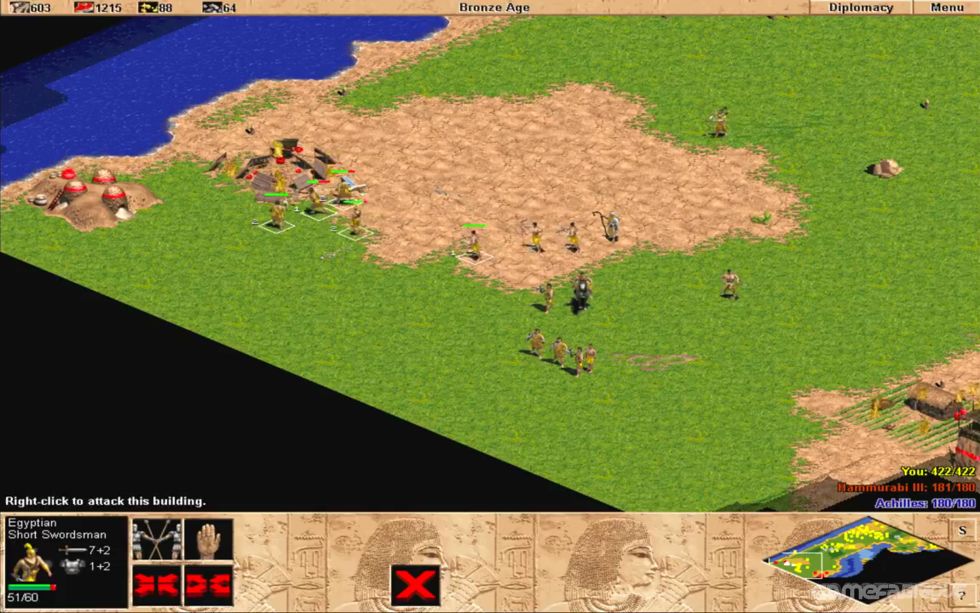

If the bodies in your cemetary are feeling overly disturbed, they'll rise from the dead and start feasting on whatever or whoever is closest. Building a magic obelisk in town unlocks a god ray that will cook anything it touches. If things get really dicey, those aforementioned dark knights can be instantly summoned anywhere on the map to shake things up. Imagine my shock when my city turned out to be a fairly autonomous, efficient machine rather than the nightmarish capitalist hellscapes of other strategy games.ĭiplomacy is Not an Option will feel familiar to RTS vets, but it also feels like a sandbox god game when you activate one of the ridiculous destruction options. I enjoyed figuring out how to best arrange my buildings to establish different districts, thinking it'd be easier to protect my subjects' homes if they were centrally located, and how far out I could realistically build my walls without incurring the wrath of bandits hidden by the fog of war. There's a research tree that unlocks stone walls, more efficient builders, faster porters and such, but it's a pretty dang small progression compared to the multi-page trees of Civ. You need houses to create workers, berries and fish to feed everyone, lumber and stone to build everything, cemeteries and gravediggers to bury the occasional plague-ridden corpse, an army, watchtowers, and high enough walls to give them a fighting chance.


As the name suggests, DINAO forgoes cultural and political gameplay of other strategy games for a simplistic city-building loop, a welcome change as someone who sweats every tax policy change in Civ or Crusader Kings.


 0 kommentar(er)
0 kommentar(er)
